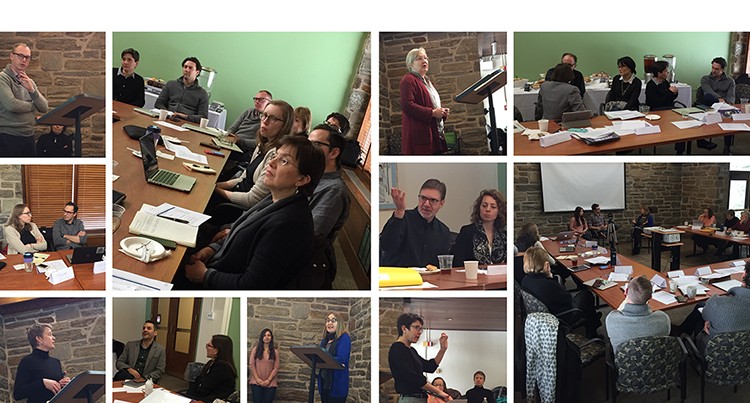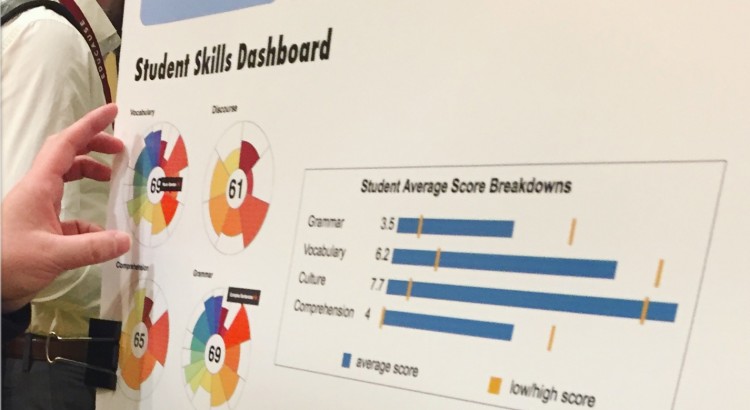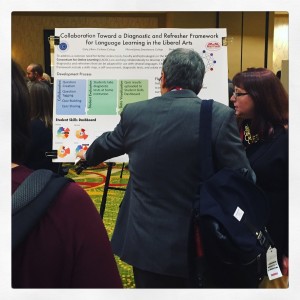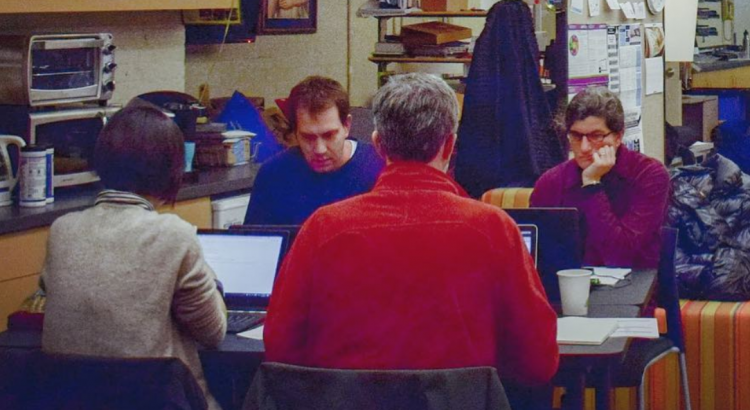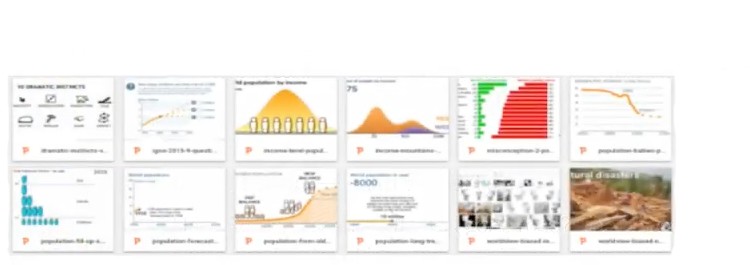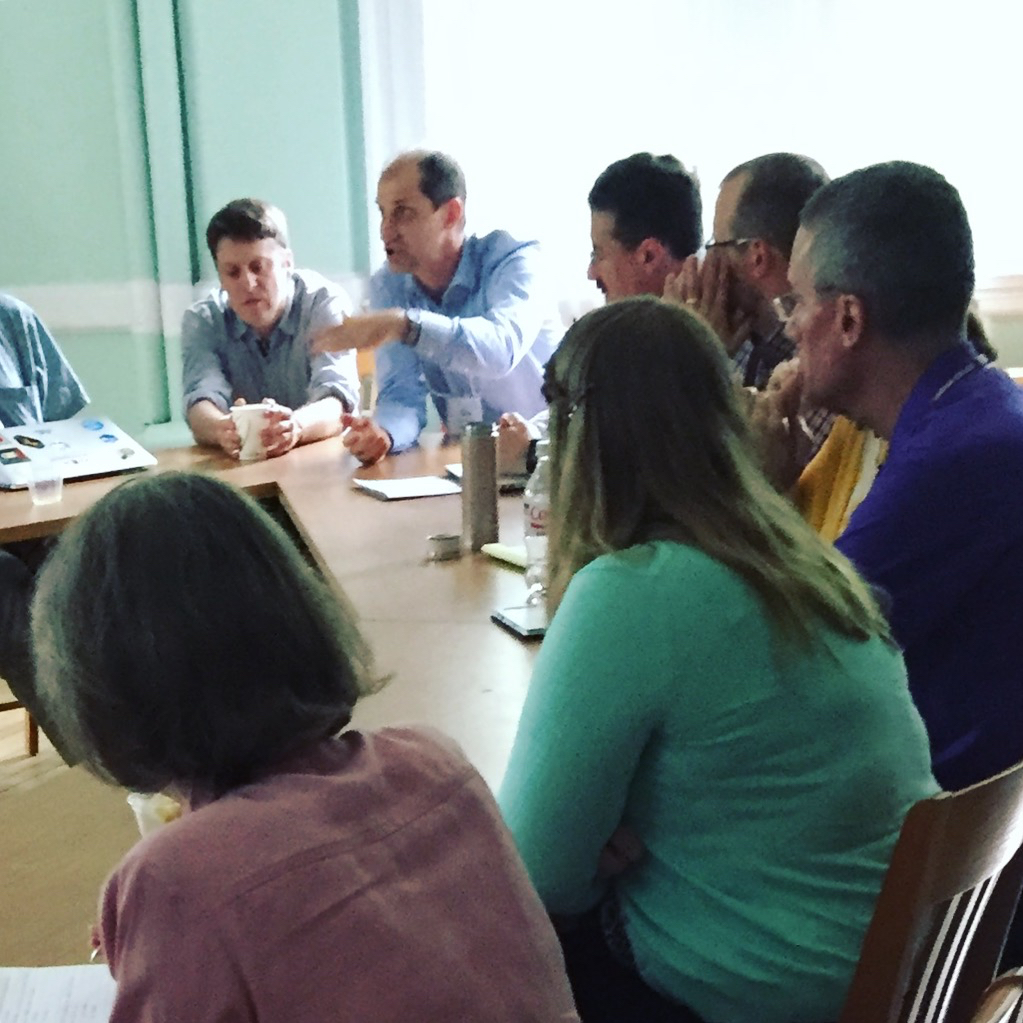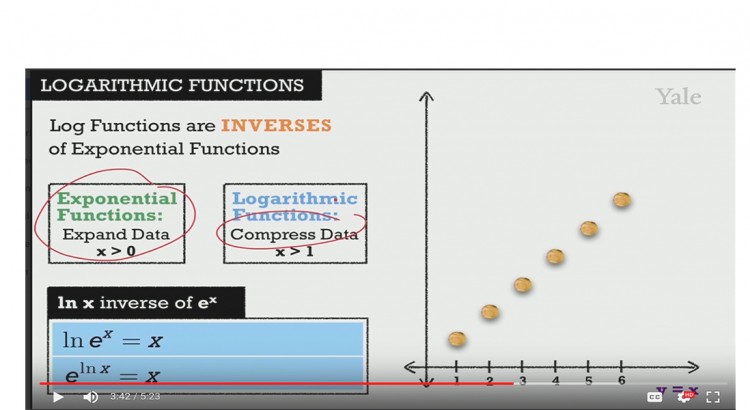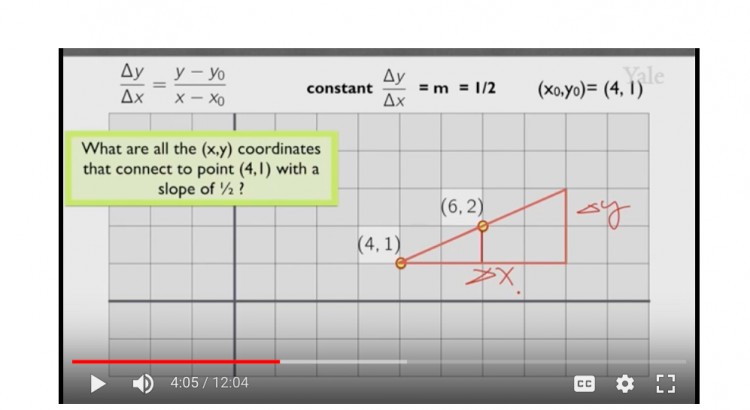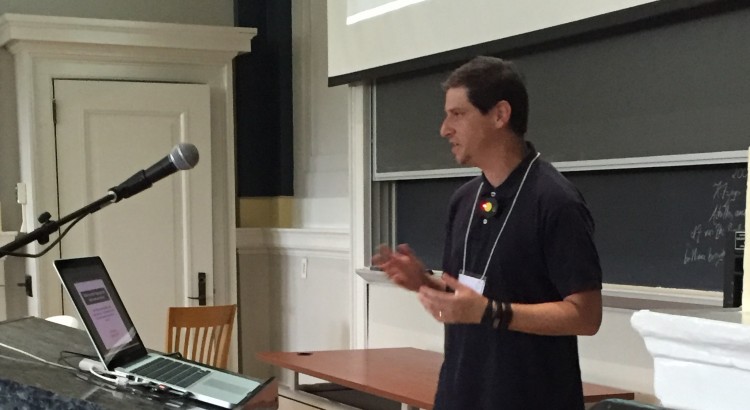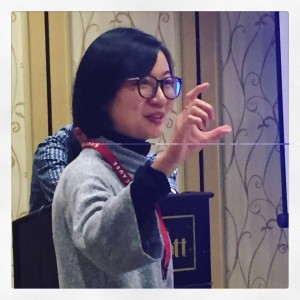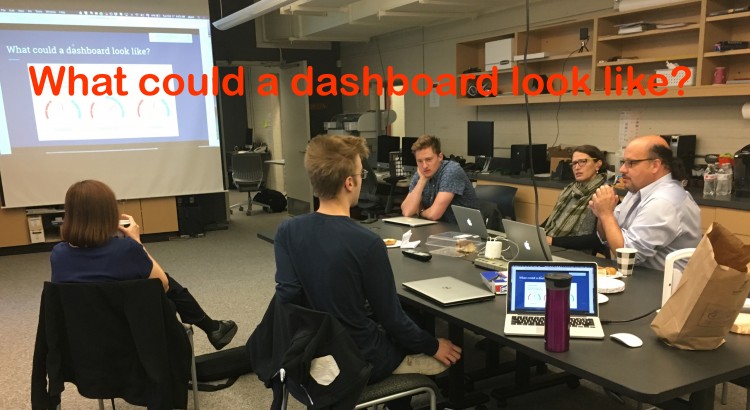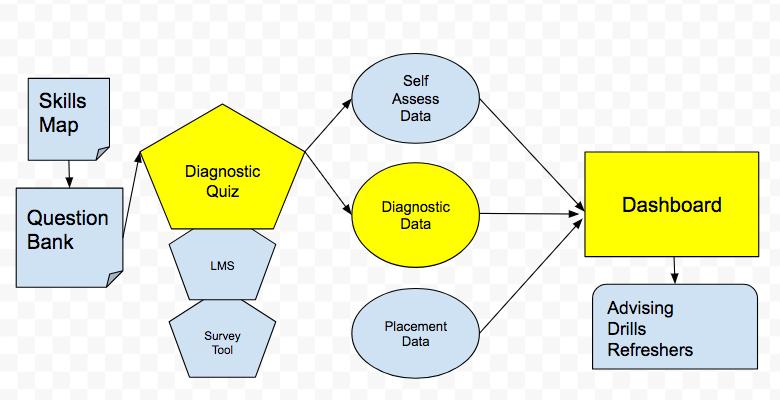For related research, see also: Measuring Complex Domains (summer/fall 2018)
Emerging pedagogies for inclusion are keen topics of interest across the liberal arts. Our Teaching & Learning Centers, and our academic support colleagues have a growing body of experience – what works and what doesn’t work – when it comes to supporting our diverse student body academically and as whole persons. Collaboration around these insights and measurements across LACOL has seemed like a useful idea to many. To advance these conversations, two interrelated workshops will be held in the Spring of 2018:
WORKSHOP 2: Measuring Complex Domains of Learning (Inclusive Pedagogies)
- Date: Friday, April 27
- Location: Davidson College
- Workshop Leads:
- Dr. Brent Maher, Director of Academic Assessment, Davidson College
- Kristen Eshleman, Director of Digital Innovation, Davidson College
- Prof. Paul Youngman, Chair of the Digital Humanities Working Group and Professor of German, Washington & Lee University
- Workshop Resources: Readings & Videos
- Program: https://emergentedu.org
WORKSHOP 1: LACOL Dialogue on Inclusive Pedagogies
- Date: Friday, March 9
- Location: Haverford College
- Speakers*:
- Prof. Verna Case, Assoc. Dean of Faculty, Director of the Teaching and Learning Center, and Beverly F. Dolan Professor of Biology, Davidson College
- Prof. Jyl Gentzler, John Cooper ’64 Presidential Teaching Professor of Philosophy and Faculty Director of the Center for Teaching and Learning, Amherst College
- Dr. Riley Caldwell O’Keefe, Director, Center for Teaching and Learning, Amherst College
- Prof. Jonathon Kahn, Assoc. Professor of Religion, Vassar College
- Dr. Andrea Nixon, Program Director, Division of Undergraduate Education, National Science Foundation and Director of Educational Research, Carleton College
- Program: Agenda
Background and Purpose:
The goal of these paired workshops is to start a dialogue across our stakeholders around issue of access and inclusion, and to consider ways in which both qualitative and quantitative assessments might be used to jointly study this aspect (and others) of the liberal arts experience. Read More
